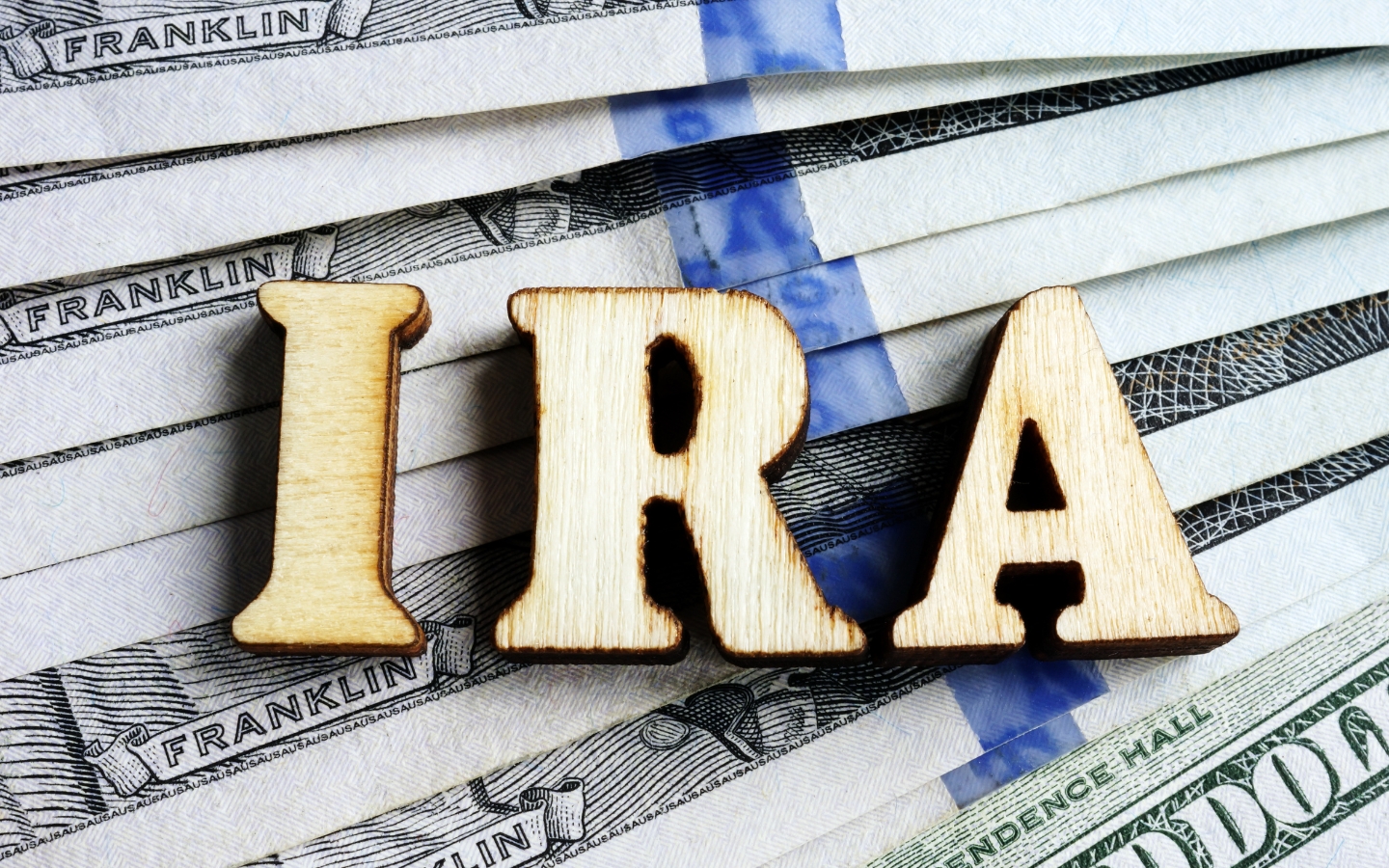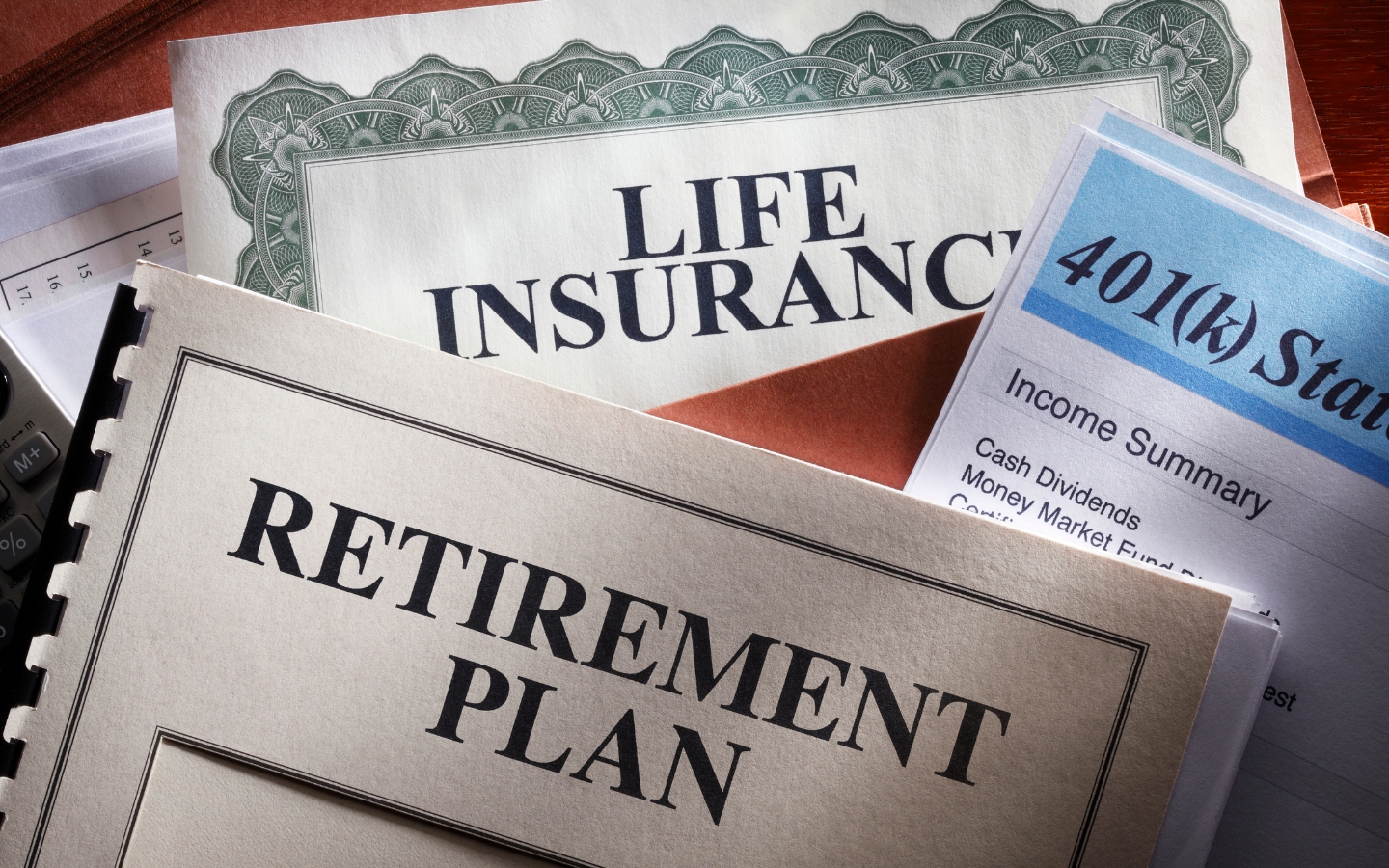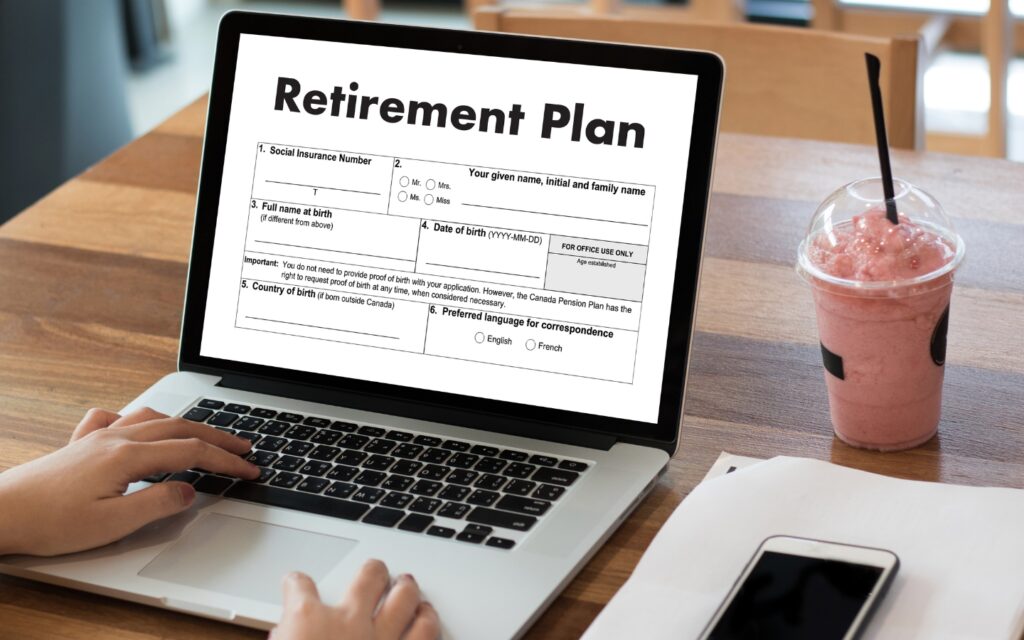Embarking on the journey of saving for retirement at 30? It’s a smart and crucial financial move, and you're in the right time frame to build a comfortable nest egg for your future.
When you're thirty, retirement may seem distant; however, time is your greatest ally.
The earlier you start saving, the more time your money has to grow, thanks to the power of compound interest. Unsure where to commence? Worry not.
This article is designed to guide you through the initial steps of retirement saving, providing practical tips and strategies to effectively secure your financial future.
Ready to take control of your retirement savings? Dive in to explore the intelligent ways to start saving now!
Why is the 30s the Best Time to Save for Retirement?
As mentioned earlier, your 30s are a perfect time to start planning and saving for retirement. Wondering why? Here are some reasons:
1. You have more financial stability: By the time you hit 30, you might have completed your education, established a career, or even started a family.
This means that you have a more stable and predictable income, making it easier to plan for long-term goals like retirement.
2. You have a longer time horizon: The earlier you start saving for retirement, the more time your money has to grow and compound.
This means that even small contributions made in your 30s can make a significant impact on your retirement savings.
3. You still have time to recover from setbacks: In your 30s, you might face financial setbacks such as job loss, health issues, or unexpected expenses.
However, since you have a longer time horizon before retirement, you have more time to recover and catch up on your savings.

4. You can take advantage of employer-sponsored plans: Many employers offer retirement plans such as 401(k) or pension plans.
By starting to contribute in your 30s, you can take full advantage of these plans and maximize your retirement savings.
5. You know yourself better: By the time you reach 30, you have a better understanding of your spending habits, risk tolerance, and financial goals.
This makes it easier for you to create a retirement plan that suits your needs and lifestyle.
While the 30s might seem like an ideal time to start saving for retirement, that doesn't mean you have to wait till then.
The earlier you start, the more financially secure you will be in your retirement years. Now let's look at some tips to help you get started on your retirement savings journey.
How to Save For Your Retirement in Your 30s?

Now that we know why your 30s is an ideal time to start saving for retirement let's look at some practical tips to help you get started:
1. Evaluate Your Current Financial Status
The first step towards your retirement planning starts with understanding where you stand financially today. This includes:
- Knowing how much you earn
- What your regular expenses are
- How much debt do you have
- How much you've saved so far as your savings, etc...
It's like taking a financial selfie! You need to have a clear picture of your current income and outgoings, your assets and liabilities.
Once you have this information, you'll get a sense of what needs to change or improve to meet your retirement goals.
2. Set Retirement Goals
Now that you know where you stand financially, it's time to decide where you want to be when you retire.
How do you envision your retirement? Do you see yourself traveling the world, pursuing hobbies, or simply enjoying a relaxed lifestyle?
The answer will help determine how much money you’ll need. Remember, there’s no one-size-fits-all number.
Everyone's retirement dream is different, so your retirement goal should be tailored to your personal aspirations and lifestyle choices.
Start by defining your retirement dreams, then work backward to figure out how much they might cost.
3. Create a Budget

Once you know where your money's coming from and where it's going, it's time to take control.
That's where a budget comes in. A budget is like a roadmap for your money - it helps you plan your spending and savings.
You can allocate funds for your needs, wants, and most importantly, your future - your retirement.
A well-planned budget can help you find extra dollars you can put towards your retirement savings. Remember, every little bit counts!
4. Start an Emergency Fund
Life is full of surprises, some of which can be costly. An emergency fund acts as a financial safety net for these unexpected expenses, be it a car repair, medical bills, or job loss.
By setting aside money for emergencies, you avoid dipping into your retirement savings when life throws a curveball.
Aim to save three to six months' worth of living expenses - this might seem like a big number, but start small, and remember, consistency is key!
5. Maximize Your Employer's Retirement Plan
One of the easiest ways to save for retirement is through your employer's retirement plan, like a 401(k). If your employer offers a match, that's free money you shouldn't pass up!
For instance, if they match up to 6% of your salary, aim to contribute at least that much from each paycheck.
Plus, these retirement funds have tax advantages, meaning you can save more in the long run. If your employer doesn't offer a retirement plan, consider investing in an IRA or Roth IRA.
6. Open an Individual Retirement Account (IRA)

Think of an IRA as a savings account with big tax breaks. It's a great way to save for retirement if you've maxed out your employer's plan or if you're self-employed.
You can choose between a traditional IRA, where you get a tax deduction now and pay taxes later when you withdraw, or a Roth IRA, where you pay taxes now and withdraw tax-free in retirement.
Both options have their perks, so choose what works best for you.
7. Invest in a Diversified Portfolio
Investing is an essential part of retirement planning - but don't put all your eggs in one basket. Spread your investments across different types of assets - stocks, bonds, mutual funds, etc...
This strategy, known as diversification, can help balance risk and reward. If one investment performs poorly, others may perform well and recover from the poor one.
Remember, investing isn't about getting rich quickly. It's about steady growth over time. So, take the time to learn about investing or consider working with a financial advisor.
8. Pay Off Your Debts

Debt can be a significant roadblock on your path to retirement. High-interest debt, like credit card debt, can eat away at your ability to save. There are many ways to pay off your debt, including:
1. Debt snowball method: In this method, you pay off your debts from smallest to largest.
First, you focus on the smallest debt while continuing to make minimum payments on your other debts - once you've paid off that debt, you move on to the next one.
2. Debt avalanche method: This method focuses on paying off debts with the highest interest rates first while making minimum payments on others. Once you've paid off the highest-interest debt, move on to the next one.
3. Debt consolidation: If you have multiple debts like credit card debt, student loan, house loan, etc... consolidating them into one payment can make managing your debts easier.
You are basically combining all your debts into one and paying them off usually at a lower interest rate.
Make sure to talk to a financial advisor before making any major decisions about paying off your debts.
9. Review and Adjust Your Plan Annually
Just like you go for a health check-up each year, your retirement plan needs an annual review too. Life changes - a new job, marriage, kids, or a house - can affect your financial goals.
Take time each year to revisit your budget, savings rate, investments, and goals - make adjustments as needed.
This regular review ensures your plan stays relevant and effective, keeping you on track toward a comfortable retirement.
10. Seek Professional Financial Advice
Retirement planning can feel overwhelming - that's where a financial advisor can help. They have the expertise to guide you through the complexities of investing, tax laws, and retirement strategies.
They can provide personalized advice based on your unique situation and goals - remember, it's your future at stake, so don't shy away from seeking help.
A good advisor will help you find them and make your retirement journey less stressful.
Top Tips to Plan for Retirement in Your 30s

Here are some top tips to plan for your retirement after your 30s:
1. Start Saving Now
The earlier you start saving for retirement, the better - thanks to the power of compounding, even small amounts can grow significantly over time.
So, set up automatic contributions to your retirement account from each paycheck. The sooner you start, the less you'll have to save each month.
2. Boost Your Savings Rate
As you progress in your career and earn more, aim to increase your savings rate. A good goal is to save at least 15% of your income for retirement.
f that seems impossible now, try to increase your savings by 1% - 5% each year.
3. Pay Off High-Interest Debt
High-interest debts like credit cards can hinder your ability to save for retirement - make a plan to pay off these debts as quickly as possible.
Once they're paid off, you can redirect that money towards your retirement savings.
4. Invest Wisely
Investing is key to growing your retirement savings. Diversify your investments across different asset classes to balance risk and reward.
Don't be afraid of short-term market fluctuations. Remember, you're investing for the long term.
5. Maximize Employer Contributions
If your employer offers a retirement plan with matching contributions, make sure to take full advantage of it.
This is essentially free money that can boost your retirement savings - try to contribute enough to get the maximum match.
6. Plan for Healthcare Costs
Healthcare can be a significant expense in retirement. Consider contributing to a Health Savings Account (HSA) if you're eligible.
These accounts offer triple tax benefits and can be used for healthcare expenses in retirement.
7. Review Your Plan Regularly
Your financial situation and goals will change over time - review your retirement plan at least once a year and make adjustments as needed.
This ensures your plan stays on track and helps you reach your retirement goals.
Conclusion - How to Save For Retirement at 30
Retirement is the time when you can finally relax and enjoy the fruits of your labor. But to ensure a comfortable retirement, you need to start planning early and make smart financial decisions.
Use these tips to create a solid retirement plan that will provide security and peace of mind for your future self.
Remember, every small step you take towards retirement planning now will pay off in the long run - so, don't delay and start planning for retirement today.

